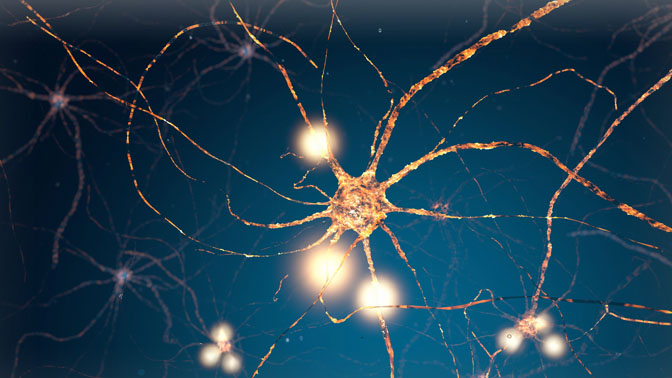
Medications known as statins are often used to reduce cholesterol as a way to prevent stroke or heart disease in high-risk individuals. However, their benefits may also extend to other health conditions.
New findings from the Donald K. Johnson Eye Institute show that these drugs may play a favourable role in treating injuries to nerve cells, called neurons, in the central nervous system.
“Injured neurons contain cholesterol-rich regions on their surface. These regions bind to proteins that prevent damaged nerve fibres, known as axons, from regrowing and can also trigger neuron death,” explains Dr. Philippe Monnier, Senior Scientist and corresponding author of the study.
The researchers studied the effects of reducing cholesterol—using statins and other cholesterol reducing drugs—on the regrowth of damaged axons and neuron survival. They first studied the effects of statins following injury to the optic nerve, which is the nerve that carries visuals signals from the eye to the brain. They found that reducing cholesterol prevented proteins that are known to restrict axon growth from accumulating on the cell surface. This change promoted axon growth and neuron survival following injury to the optic nerve.
They next studied the effects in an experimental model of retinitis pigmentosa—an eye disease involving the death of cells that enable vision, known as photoreceptors. In this case, reducing cholesterol promoted the survival of these specialized cells.
“While more work is needed to understand the therapeutic potential of statins in the nervous system, our findings suggest that these drugs could improve the survival of injured neurons. If true, drugs that lower cholesterol could offer therapeutic benefits for a variety of nervous system conditions, such as traumatic brain injury,” says Dr. Monnier.
This work was supported by Heart & Stroke, the Glaucoma Research Society of Canada, the Canadian Institutes for Health Research and the Toronto General & Western Hospital Foundation.
Shabanzadeh AP, Charish J, Tassew NG, Farhani N, Feng J, Qin X, Sugita S, Mothe AJ, Wälchli T, Koeberle PD, Monnier PP. Cholesterol synthesis inhibition promotes axonal regeneration in the injured central nervous system. Neurobiol Dis. 2021 Mar. doi: 10.1016/j.nbd.2021.105259.

Dr. Philippe Monnier, Senior Scientist at the Donald K. Johnson Eye Institute.




